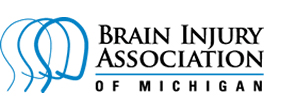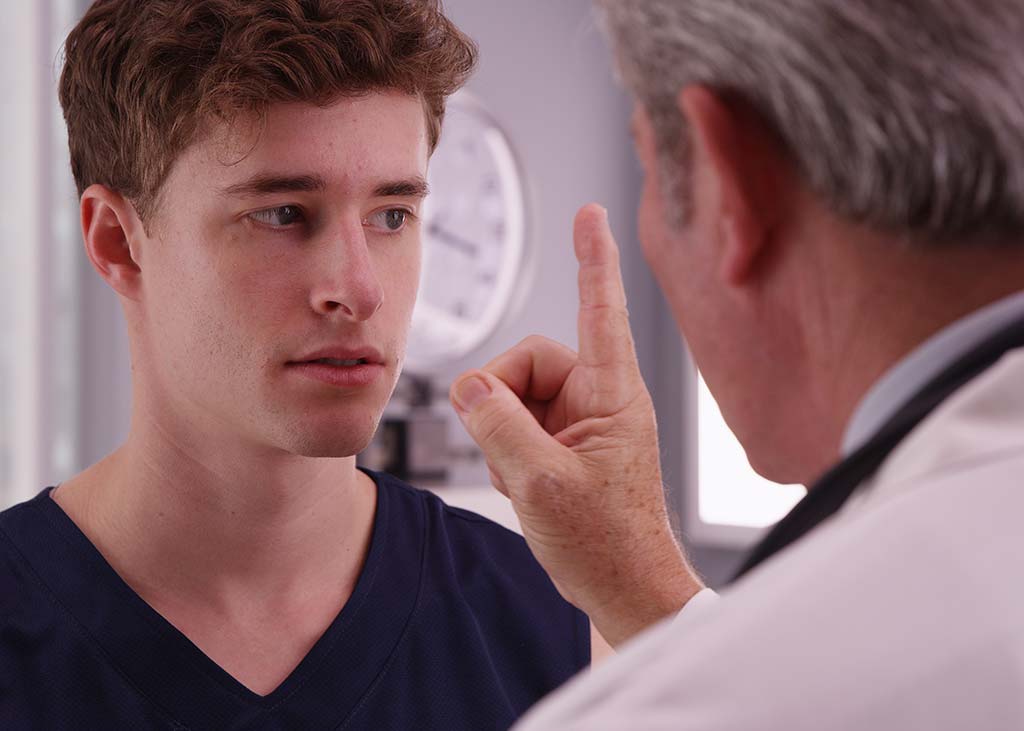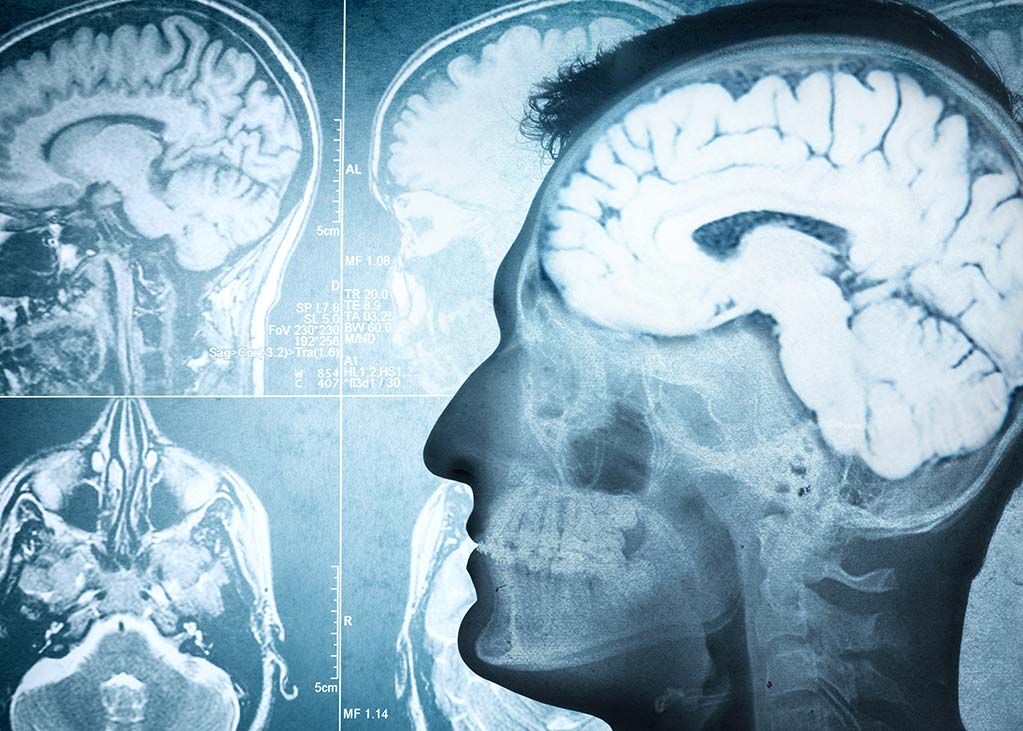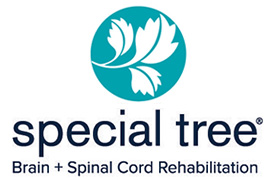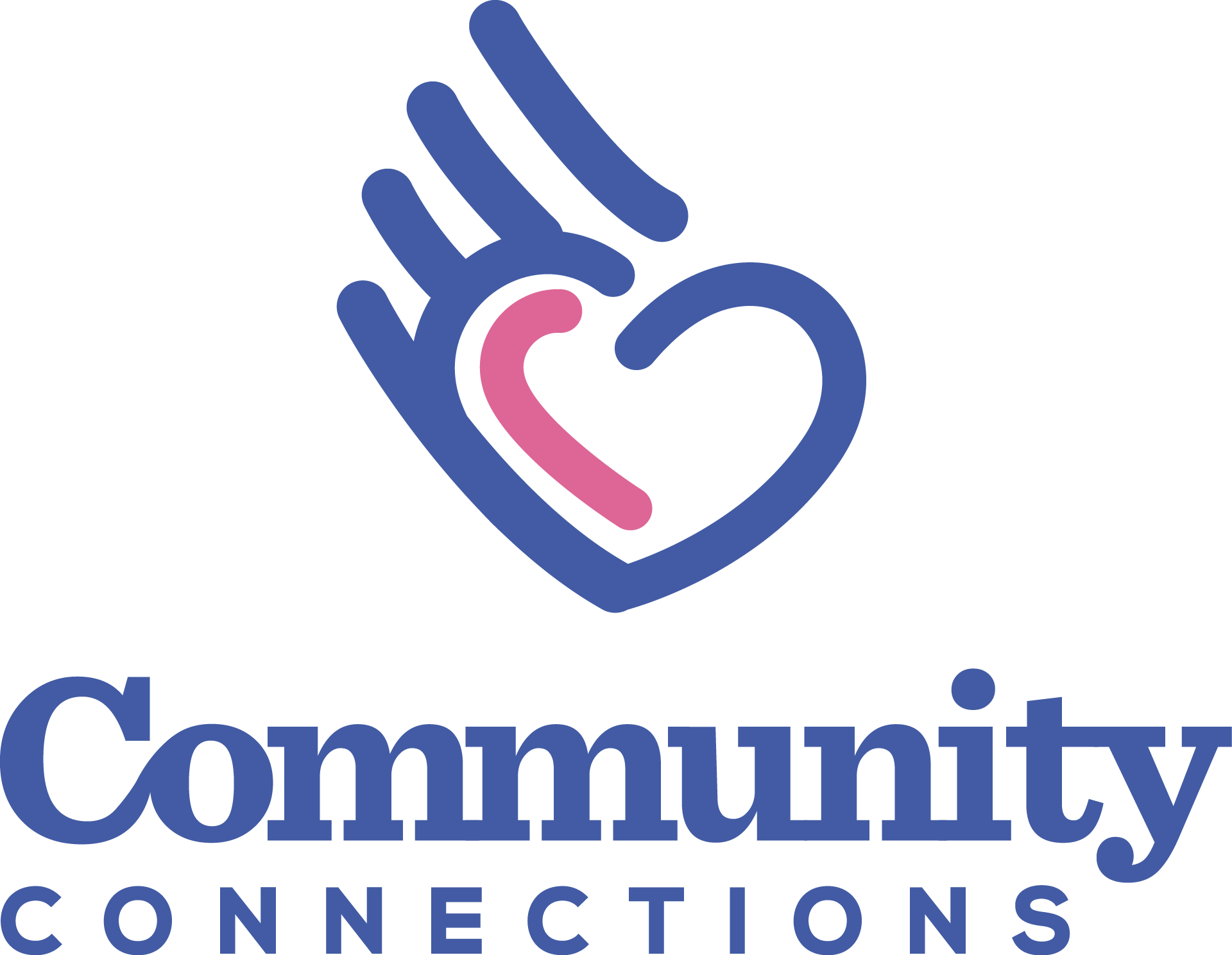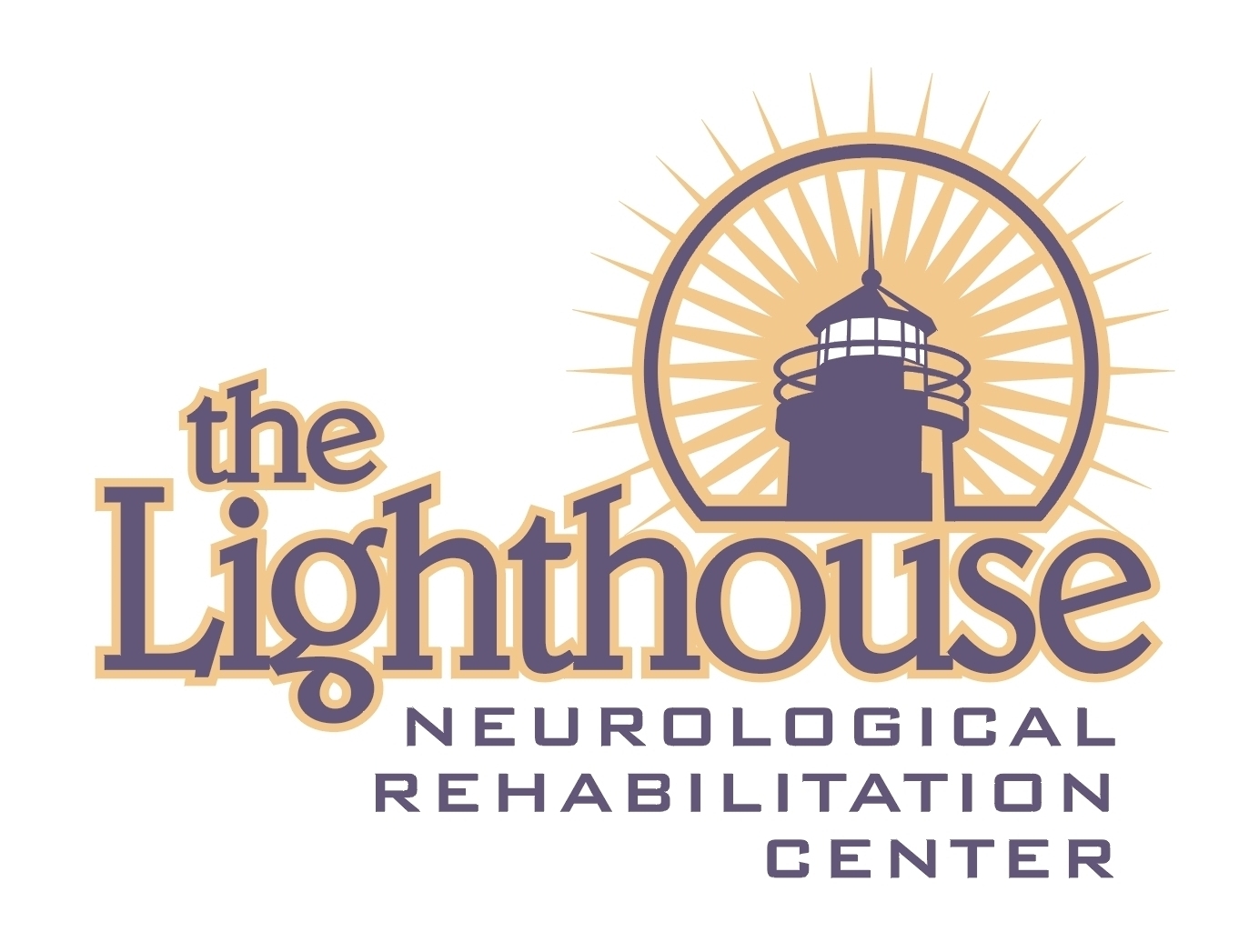What is a Brain Injury?
Types of Brain Injury and Causes

Acquired Brain Injury (ABI)
The broadest category, Acquired Brain Injury (ABI), includes brain damage caused by events after birth, rather than injury resulting from a genetic or congenital disorder such as fetal alcohol syndrome, pre-birth illness or hypoxia (lack of oxygen), or as part of a degenerative condition such as Alzheimer’s Disease or Parkinson’s Disease.
Traumatic Brain Injury (TBI)
Traumatic Brain Injury (TBI) is a subset of Acquired Brain Injury, but is usually considered separately due to its high incidence and complexity in terms of individual diagnosis and treatment. TBI refers to blows, jolts, or injuries to the head, with the latter ranging from gunshot wounds to sudden acceleration and deceleration, strong rotational forces, and others.
While the Brain Injury Association of Michigan aims to provide information, resources, and support for all brain injury survivors and families, much of the following content is directed at audiences interested in and affected by TBI.
Why Focus on TBI?
ABI and Other Brain Injury Resources
- American Brain Foundation
- American Brain Tumor Association
- American Society of Addiction Medicine
- American Stroke Association
- Brain Injury Network
- Centers for Disease Prevention and Control (CDC)
- Defense and Veterans Brain Injury Center
- National Brain Tumor Society
- National Institute of Neurological Disorders and Stroke
- National Stroke Association
